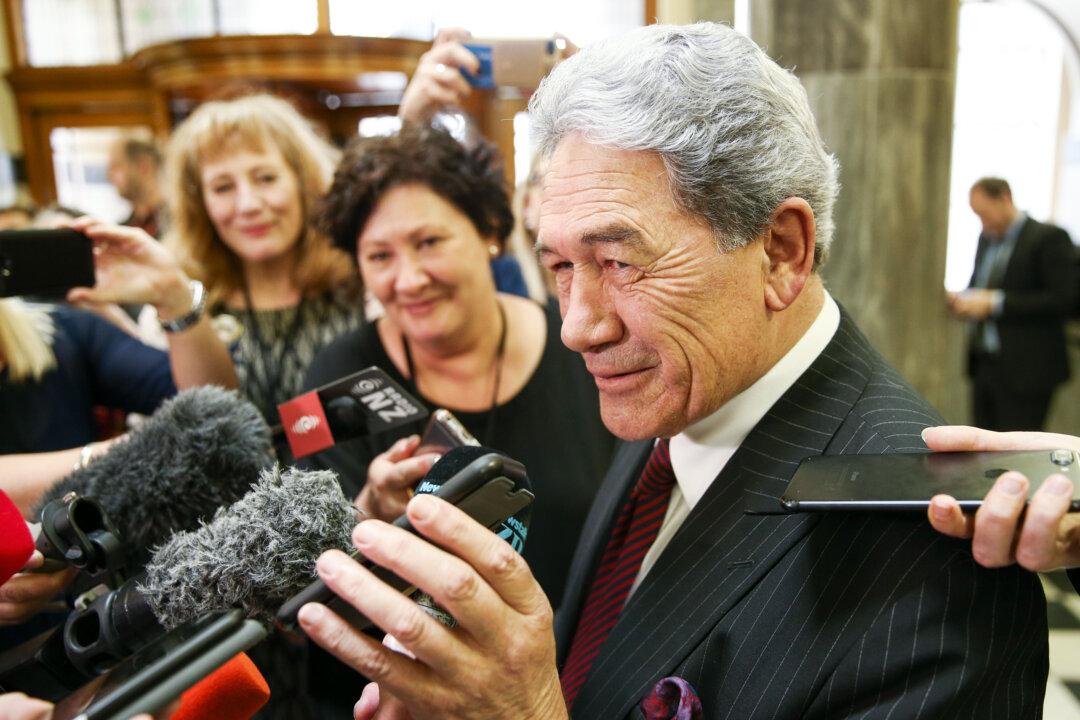As the New Zealand media sector reels from the news that one of its two main television channels is to completely shutter its news operations while the other—owned by the government, but operated as a commercial enterprise—is losing millions, deputy prime minister and leader of the NZ First party, Winston Peters, has told them they have only themselves to blame.
In an opinion piece, Mr. Peters said the closure of Newshub was “obviously devastating not only for those who will lose their jobs, but it is also seriously concerning for the robustness of our media scene.”





